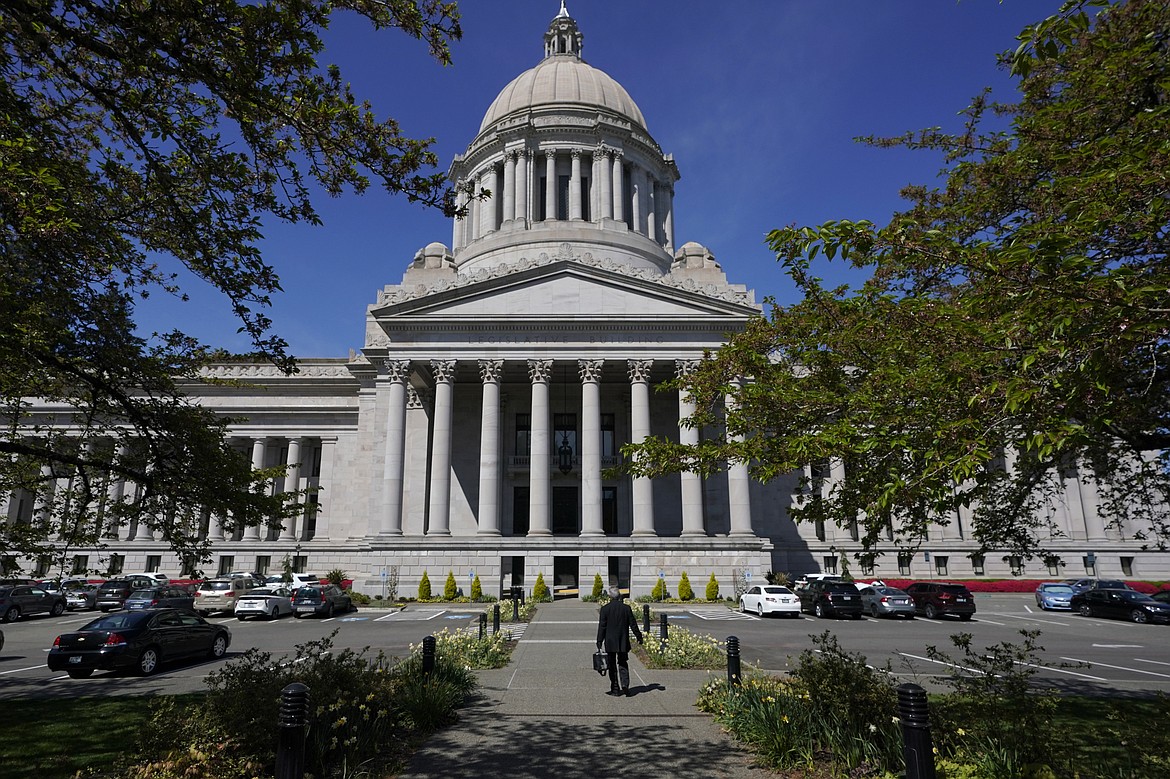Legislators hear bill regarding vape regulation
The Senate Health & Long Term Care Committee had a public hearing Monday for a bill, which if passed, would give the state authority to regulate vapor products found to pose a significant risk to public health.
Sixty-seven people signed into the virtual hearing to support Senate Bill 5768, with 275 people stating opposition.
Millions of middle and high school students reported current e-cigarette use around the country, with about 80% using flavored products, said Sen. Patty Kuderer, D-Bellevue. Yet, there is no federal legislation capping nicotine concentration, she said.
“Quite frankly, we are gambling with the health of these young people and creating a whole new generation of nicotine addicts,” Kuderer said.
Products with a plethora of flavors have flooded in with some “pods’’ wielding nicotine concentration equivalent to a pack of cigarettes, she said. The pods, inserted into a pipe, have liquid with nicotine, flavorings and other chemicals. Puffing on the mouthpiece of the device activates a heating element, which heats up the liquid in the pod and turns it into vapor, which is inhaled.
These flavors of pods appeal to consumers, especially underage individuals, and can bind them to a cycle of addiction, Kuderer said.
Senate Bill 5768 would allow the state Board of Health to determine a threshold for nicotine concentration in which any product exceeding the maximum may not be sold. All manufacturers of nicotine-containing vapor products would label their merchandise to Washington State Department of Health standards.
Some people use vaping to quit smoking cigarettes, but these flavored products are not directed at their demographic, Kuderer said. Flavors mimicking popular candies, sodas and treats catch the eyes of addiction-prone underage consumers, she said.
Matt Page, Cloud 509 Moses Lake Vape Shop manager, said the range of vape flavors helped him initially quit smoking. Tobacco flavors reminded him of cigarette addiction while alternatives incentivized him to stop.
“Adults like flavors, as well,” Page said. “Let’s go after the sources these children are using (and) not hurt the law-abiding adult trying to get off cigarettes.”
Ryan Black, Department of Health deputy legislative director, said while COVID has filled everyone’s mind the past few years, there’s also a youth vapor epidemic. The U.S. Centers for Disease Control and Prevention said flavors are the main reason youth start vaping. The DOH supports the proposed increased regulation.
Currently, the U.S. Food and Drug Administration requires products to meet specific standards for public health. If a product does not meet standards, the FDA issues a market denial order to take it off the shelves.
Last fall, the FDA issued 946,000 market denial orders against flavored vaping products, Kuderer said. The risks of increasing underage use outweighed the benefits of adult smokers transitioning from cigarettes, she said.
“(Senate Bill 5768) helps give the Department of Health the necessary authority to regulate nicotine content,” she said, “and flavors that have yet to be proved safe for inhalation.”
Page said more than six million vapor products would have to be registered in the state. This is a massive undertaking, he said. If the state Board of Health processed 16,000 applications a day, it would still take more than a year.
From vape shops to small mom-and-pop corner stores, numerous places rely on vapor products for a portion of their sales, said Mark Johnson, Washington Retail Association senior vice president of policy and government affairs. Eliminating that revenue will severely impact several businesses, he said.
Johnson is concerned the proposed legislation could drive consumers to internet shops, tribal and out-of-state locations or black markets to purchase their desired products. He said stores would have to remain updated on a seemingly never-ending list of standards to stay compliant.
The Senate Health & Long Term Care Committee was scheduled to have an executive session on the bill today.

